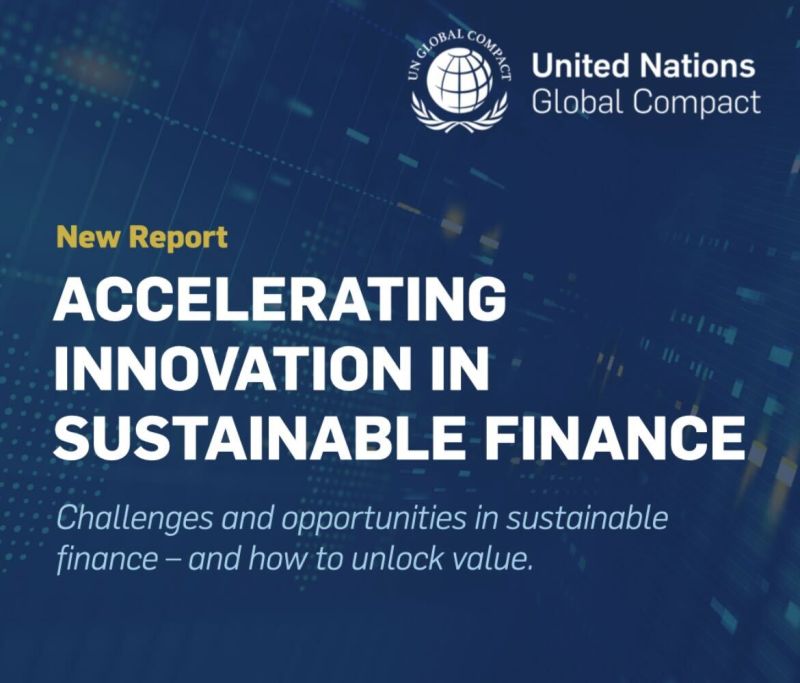Bringing together industry leaders, innovators and global thinkers, Future Energy Insights by the World Future Energy Summit takes an in-depth look at renewable energy and sustainability. Featuring lively debate and passionate discussion, the series covers six core topics: clean energy, water scarcity, smart cities, circular economies, waste management and climate change. It shines a spotlight on the critical issues and major gamechangers shaping the sector today.
Drawing on insights from the United Nations 10-Member Group on Science, Technology, and Innovation for the SDGs, Beyond 2030 reviews the framework’s achievements to date and delivers critical insights into how the SDGs can guide global cooperation and decisive local action well beyond 2030.
International Day of Human Space Flight 2026: A Tribute to Exploration, Unity, and Progress
The Elsevier Foundation Chemistry for Climate Action Challenge is a collaboration between the Elsevier Foundation, a non-profit focused on inclusive research and health funded by Elsevier and Elsevier's Chemistry journals. The Challenge represents a commitment from Elsevier to uncover practical, scalable solutions to specific issues caused by climate change in global South communities thereby advancing both Climate Action (SDG13) and Gender Equity (SDG5).
World Creativity and Innovation Day 2026: Harnessing Creativity for Global Progress
World Creativity and Innovation Day, celebrated annually on April 21, highlights the essential role of creativity and innovation in addressing global challenges and achieving sustainable development. Established by the United Nations General Assembly in 2017 through Resolution 71/284, the day promotes creative problem-solving and fosters innovative thinking worldwide.
The UNGC's latest report on “Accelerating Innovation in Sustainable Finance” offers models for businesses on how to deliver financial returns and positive global impact – together.










